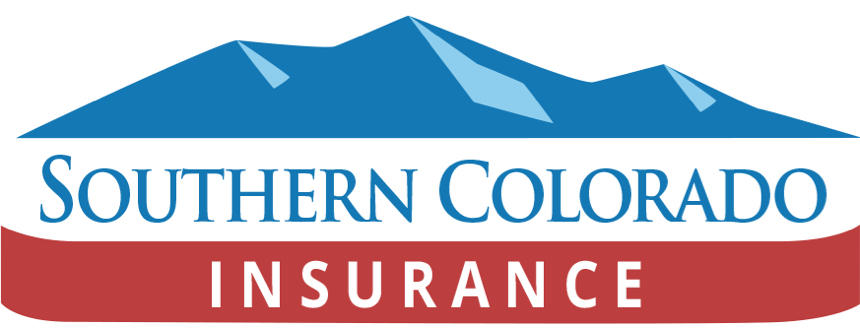Remember the woman who sued McDonald's for serving her a hot beverage? For many, that notorious case is the poster child for frivolous lawsuits. The fact that the woman was subsequently awarded nearly $3 million in damages seems extreme to most people and, no doubt, to McDonald's product liability insurers.
Food-related restaurant claims are unique within the universe of claims, and one must be well-equipped to handle them. Which raises the question: As a claims adjuster, are you sufficiently prepared to handle food claims involving your clients in the restaurant business?
To some, restaurant insurance seems like any other type of coverage and similar to that of most other businesses because it mostly boils down to commercial general liability insurance. However, restaurants have their own unique liability considerations that can range from the mundane to the outright bizarre.
What kinds of liability do restaurants have?
The answer is in the nature of the business. First, they are open to the general public, which means restaurants have the same kinds of liability exposure as other open areas. Then there is the potential for grease and wood-burning fires from cooking.
Liquor liability is another exposure for any business with a liquor license, and then there is product liability exposure, which covers any food-related claims that arise. These claims may involve a diner who suffers from food poisoning or an allergic reaction from the restaurant's food.
The law requires that goods sold by a company be free from safety defects. Food poisoning generally falls under the category of defective product liability, because a client (the restaurant) sold a defective product (food) that injured a diner.
Food poisoning and allergic reactions are a major source of food-related risks for restaurants. For example, in 1977, one of the largest botulism outbreaks in U.S. history occurred in Michigan, when 58 customers of Mexican restaurant Trini & Carmen's suffered food poisoning caused by hot sauce that was made from improperly home canned jalapeño peppers.
In another case, an outbreak of hepatitis A at a Pennsylvania restaurant caused the death of three people. The outbreak was due to contaminated green onions used by the restaurant.
It is because of incidents like these that restaurants need comprehensive insurance coverage that includes product liability to protect them against claims of personal injury caused by the products they sell. What happens when the food or beverage a restaurant supplies does cause harm? It falls on claims adjusters to handle the claims process.
To be fully effective in this area, we must understand the unique risks of businesses operating within the restaurant sector, and fulfil the promise made by the insurer at the time the policy was sold. However, we must also protect the assets of the insurer so that only the claims owed are paid.
Related: Food recalls in the digital age
Frank@frankmedina insurance.com has worked as a claims adjuster on both personal and commercial claims for nationally recognized insurance carriers, and is the principal of Frank Medina Insurance.

Discussion
There are no comments yet.